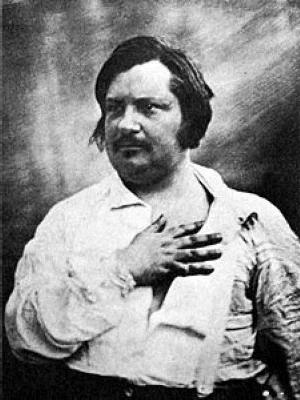The Death of the Federalist Party
Nonfiction, History, Americas, United States, Revolutionary Period (1775-1800)| Author: | Richard Seltzer | ISBN: | 9781455445714 |
| Publisher: | B&R Samizdat Express | Publication: | December 15, 2009 |
| Imprint: | Language: | English |
| Author: | Richard Seltzer |
| ISBN: | 9781455445714 |
| Publisher: | B&R Samizdat Express |
| Publication: | December 15, 2009 |
| Imprint: | |
| Language: | English |
In 1799, the Federalist Party was at the height of its power. It controlled both houses of Congress, had the unanimous support of the Supreme Court, and had never lost a presidential election. According to President Theodore Roosevelt in his book Gouverneur Morris, in that year: "Four-fifths of the talent, ability, and good sense of the country were to be found in the Federalist ranks; for the Federalists had held their own so far, by sheer force of courage and intellectual vigor over foes in reality more numerous." In describing the condition of this party just six years later, Morton Borden says: "In a few short years, the Federalists had become the party of the past, an antiquated and dying political faith. Their numbers lessened, their opposition futile, without powerful leaders or a positive program, the national structure of the Federalist Party crumbled and only sectional factions remained. Truly, despite their conventions every four years to select a presidential candidate, there was no Federalist party -- only Federalists." What brought about the ruin of this great party over such a short period of time? This article is based on a paper written in written in high school (Holderness School, Plymouth, NH) April 28, 1963. At the time it was written, the lessons of the past seemed relevant as the Republican Party seemed near annihilation. Today, in 2014, the Republican Party is once again in disarray, and it is important to remember the two-party system is not embedded in the U. S. Constitution. Old parties can die, and new ones can form.
In 1799, the Federalist Party was at the height of its power. It controlled both houses of Congress, had the unanimous support of the Supreme Court, and had never lost a presidential election. According to President Theodore Roosevelt in his book Gouverneur Morris, in that year: "Four-fifths of the talent, ability, and good sense of the country were to be found in the Federalist ranks; for the Federalists had held their own so far, by sheer force of courage and intellectual vigor over foes in reality more numerous." In describing the condition of this party just six years later, Morton Borden says: "In a few short years, the Federalists had become the party of the past, an antiquated and dying political faith. Their numbers lessened, their opposition futile, without powerful leaders or a positive program, the national structure of the Federalist Party crumbled and only sectional factions remained. Truly, despite their conventions every four years to select a presidential candidate, there was no Federalist party -- only Federalists." What brought about the ruin of this great party over such a short period of time? This article is based on a paper written in written in high school (Holderness School, Plymouth, NH) April 28, 1963. At the time it was written, the lessons of the past seemed relevant as the Republican Party seemed near annihilation. Today, in 2014, the Republican Party is once again in disarray, and it is important to remember the two-party system is not embedded in the U. S. Constitution. Old parties can die, and new ones can form.















